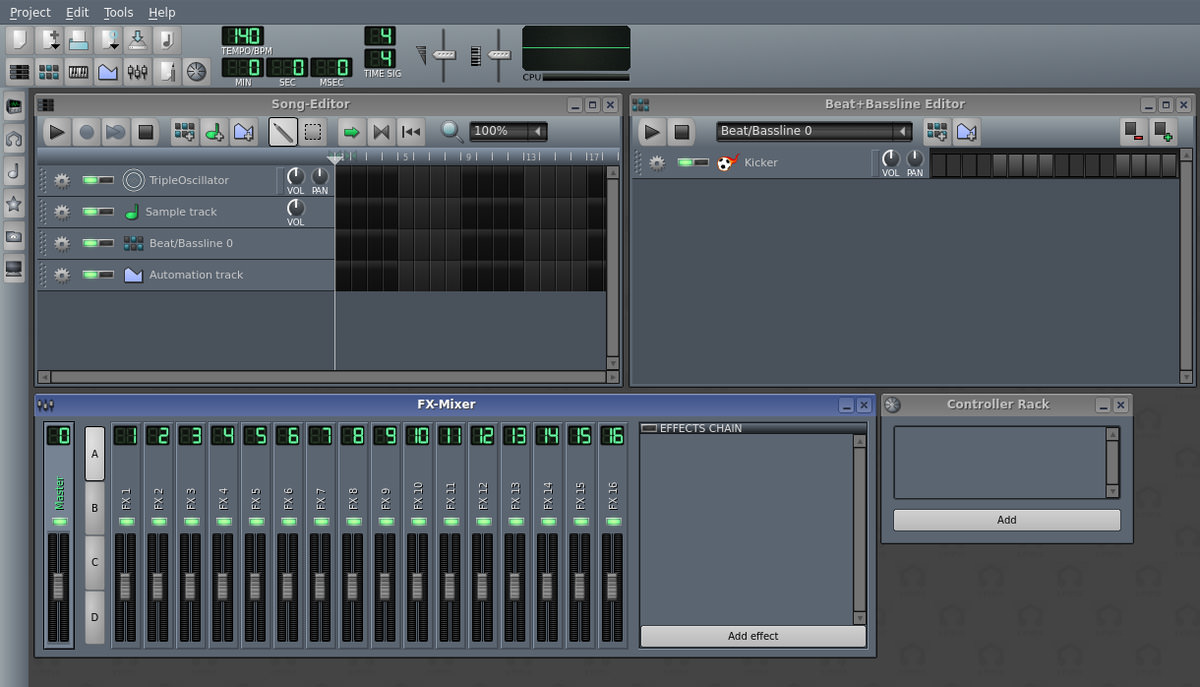


Miditrack Performer ( £49.95) is an eight-track, real-time polyphonic sequencer with a storage capacity of up to 7,960 events. It is quite easy to use with notes being displayed in note name and octave number form and it has a good range of editing facilities. This is a vast improvement and worth a look. The original version was one of the first MIDI software packages on the market and certainly the first for the BBC - and it showed. They also produce a link box called MIDILINK ( £34.95) which has one MIDI In and six MIDI Thru sockets.īBC software includes a new version of their Miditrack Composer ( £44.95), a six-track, step-time editor. Hardware MIDI interfaces are available for the following computers: BBC ( £79.90), Spectrum ( £79.90), Commodore 64 ( £79.90), Amstrad ( £79.90) and Research Machines Link 480Z ( £85.90) with MSX (TBA) and Apple II (TBA) soon to follow.
MIDI FILE EDITOR SOFTWARE DOWNLOADS PATCH
Features include editing, merge and overdub plus much more.ĭr T also produce a CZ Patch Librarian ( £65), DX Patch Librarian ( £75) and Echo Plus ( £90) which accepts a MIDI keyboard input and sends commands out to four other instruments, thereby allowing effects such as doubling, echo and harmonising to be created.Įlectro Music Research are probably the UK's most prolific producers of MIDI packages. The package is complete with its own MIDI interface and offers a flexible realtime and step-time sequencer with up to 3550 events shared across a maximum of 35 individual sequences, all of which maybe played back simultaneously. The main package is the Keyboard Controlled MIDI Sequencer ( £200). (Reviewed next issue.)Ī new software package to our shores, the Dr T is a disk-based system for the Commodore 64.

Tracks can be assigned to external synths or internal voices and it has a built-in mixer facility. One of the first independent software packages for Yamaha's CX5 computer (see Yamaha), at £84.95 it offers eight-track, real-time sequencing with step- or real-time pitch correction and quantisation. No separate software yet exists but it may come. It was designed for use with other Commodore packages such as their Music Studio, Music Expander and Sampler. The cheapest MIDI interface on the market - so far - comes from Commodore at £19.95. There doesn't seem to be any MIDI software around yet but no doubt that will come soon. You may like to consider - or at least ponder on - Atari's new 520ST computer (around £750), a technically excellent machine, which comes complete with built-in MIDI interface. Once upon a time there were only simple sequencing or editing packages but now music programs and MIDI software tends to fall into four groups: real-time sequencing, step-time note entry, voice editing software - and anything else. (This was a secondary task which they applied themselves to during time off from dreams of world-domination.) They tapped in and have been drilling ever since producing such a wealth of music and MIDI software packages that it is no longer easy to keep track of just what is available. It didn't take long for computer boffins to realise how easy it would be to tap into the interface with a computer and control a bank of synthesizers, drum machines and effects units. This you probably already know and you also probably know that MIDI signals are digital signals (as its name suggests) which computers love. It was designed and developed by the major electronic keyboard manufacturers such as Sequential, Roland, Korg and Yamaha to overcome the problem of interfacing hitherto incompatible pieces of equipment. MIDI is an acronym for Musical Instrument Digital Interface. Ian Waugh pursues music and the MIDI concept where no concept has been pursued before with a general round-up of MIDI software currently available in the UK.


 0 kommentar(er)
0 kommentar(er)
